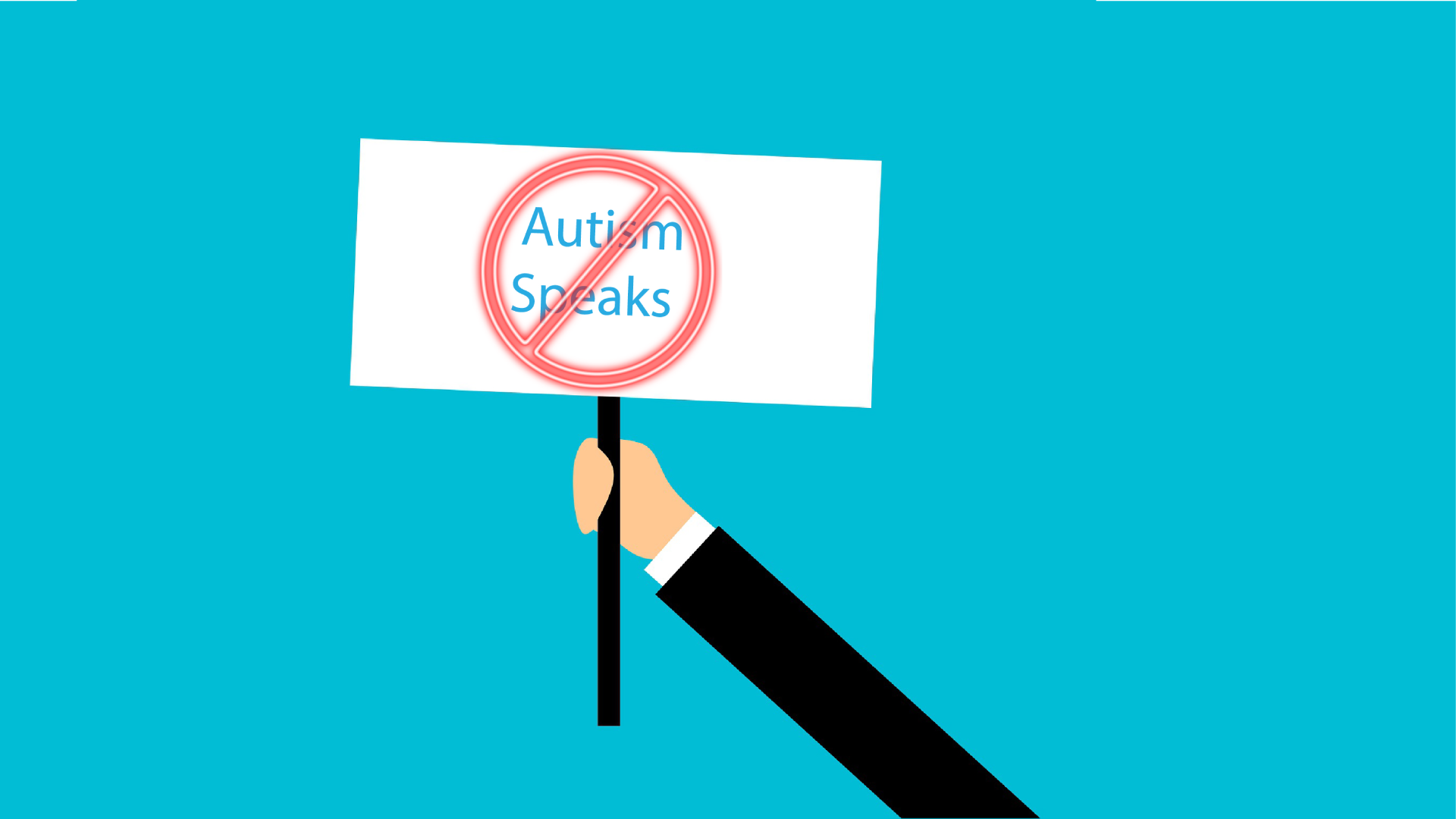by Gary Chapman
On April 2, hundreds, if not thousands, are going to be wearing blue in support of Autism Awareness Day. Some people will be wearing red because the “Light It Up Blue” campaign is endorsed by one of the most loathed charities according to people on the autism spectrum: Autism Speaks.
Autism Speaks started in 2005 when the then-vice president Bob Wright and his wife Suzanne had their grandson Christian diagnosed with Autism. After a healthy 25 million dollar donation from Home Depot co-founder Bernie Marcus, the organization was founded.
The first major problem with Autism Speaks is that, for the longest time, there were no people on the board of the charity who were on the spectrum. It wasn’t until very recently (mid-2018) that they added people on the spectrum.
This is wrong, because how are you supposed to represent autistic people, when you don’t have autistic people helping?
Another issue is that a lot of the money doesn’t go towards families who need help. Even though their core statement, according to their 990 form, is “enhancing lives today and accelerating a spectrum of solutions for tomorrow”. Most of the money in 2015 went to awareness and fundraising, while family services made up three percent of the overall spending. Now, according to their 2020 audited financial statements, they spent 1% (just over a million) on “Family services grants, awards and science”. Most of the money went to salaries and media services.
One of the issues that Autism Speaks has is their history with questionable rhetoric. In 2006, they distributed a film titled “Autism Every Day”, the short film has a clip where Autism Speaks employee Allison Singer talked about the time she almost drove her car off a bridge with her autistic daughter.
Then in 2008, they made a film called “I am Autism” which depicts autism as a grim reaper-esque character saying that “[Autism] will make sure that your marriage fails.
Your money will fall into my hands, and [Autism] will bankrupt you for my own self-gain.”
Even as of 2019, they still have issues with rhetoric. In the 2019 version of their 100 Day Kit for Young Children, which is meant for families who had recently diagnosed children, they had a mother being quoted as saying, “I felt angry when a child at my son’s school was diagnosed with Leukemia around the time our son was diagnosed with autism. Everyone sent cards and cooked dinners for them. They didn’t know I needed that kind of help too. When I let people know I needed help they came through for me”.
They also supported the Judge Rotenberg Center in 2013 at their Walk Now for Autism, even when it was known that they did shock “therapy” on autistic children as “aversion therapy”. They also have promoted the idea of a prenatal test or eliminating the genes that have been predisposed to cause autism. Finally, they have been known, at least in the early days, to promote the theory that vaccines cause autism.
Until 2015, Autism Speaks said that, “It remains possible that, in rare cases, immunization may trigger the onset of autism symptoms in a child with an underlying medical or genetic condition”, according to Insider. Bob Wright said in 2016 on Today that, “We have not been able to determine that autism is caused by vaccines. However, there are lots of issues having to do with the vaccine safety program that I got into very deeply, with no agenda, early on in autism.”
Former employee of Autism Speaks, John Elder Robinson, resigned in 2013 stating that, “I have tried to help Autism Speaks staffers understand how destructive its messages have been to the psyches of autistic people. We do not like hearing that we are defective or diseased. We do not like hearing that we are part of an epidemic. We are not problems for our parents or society, or genes to be eliminated. We are people,” and that, “Autism Speaks has a lot of potential with its media presence, public name recognition, celebrity connections and fundraising power. It could do a lot of good, if directed differently.“
If you do want to support autism-centered organizations, you can donate to ASAN (Autism Selfadvocacy Network), Autistic Women and Nonbinary Network and Communication First.




